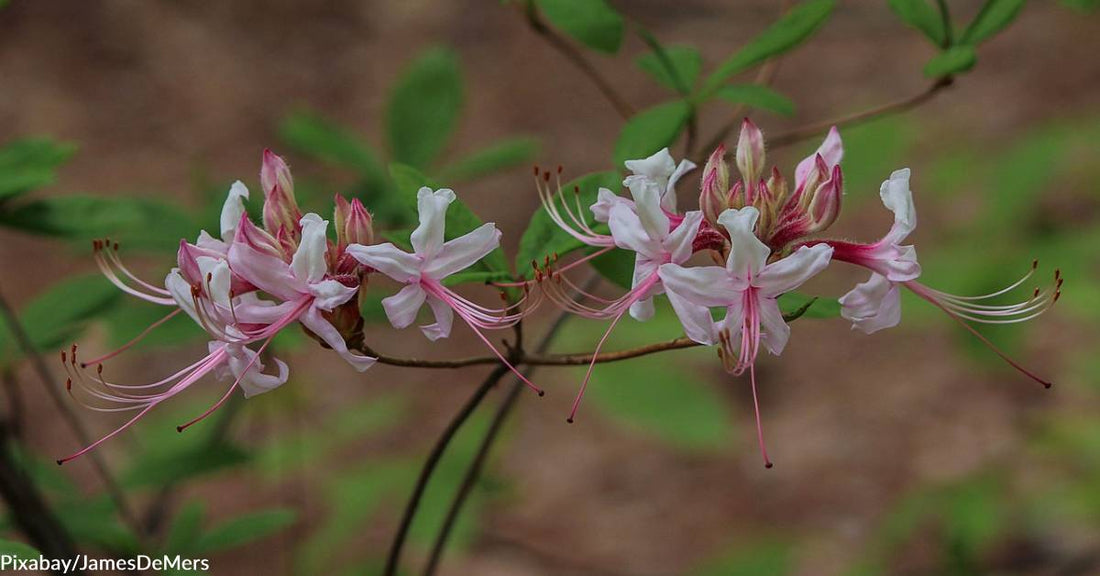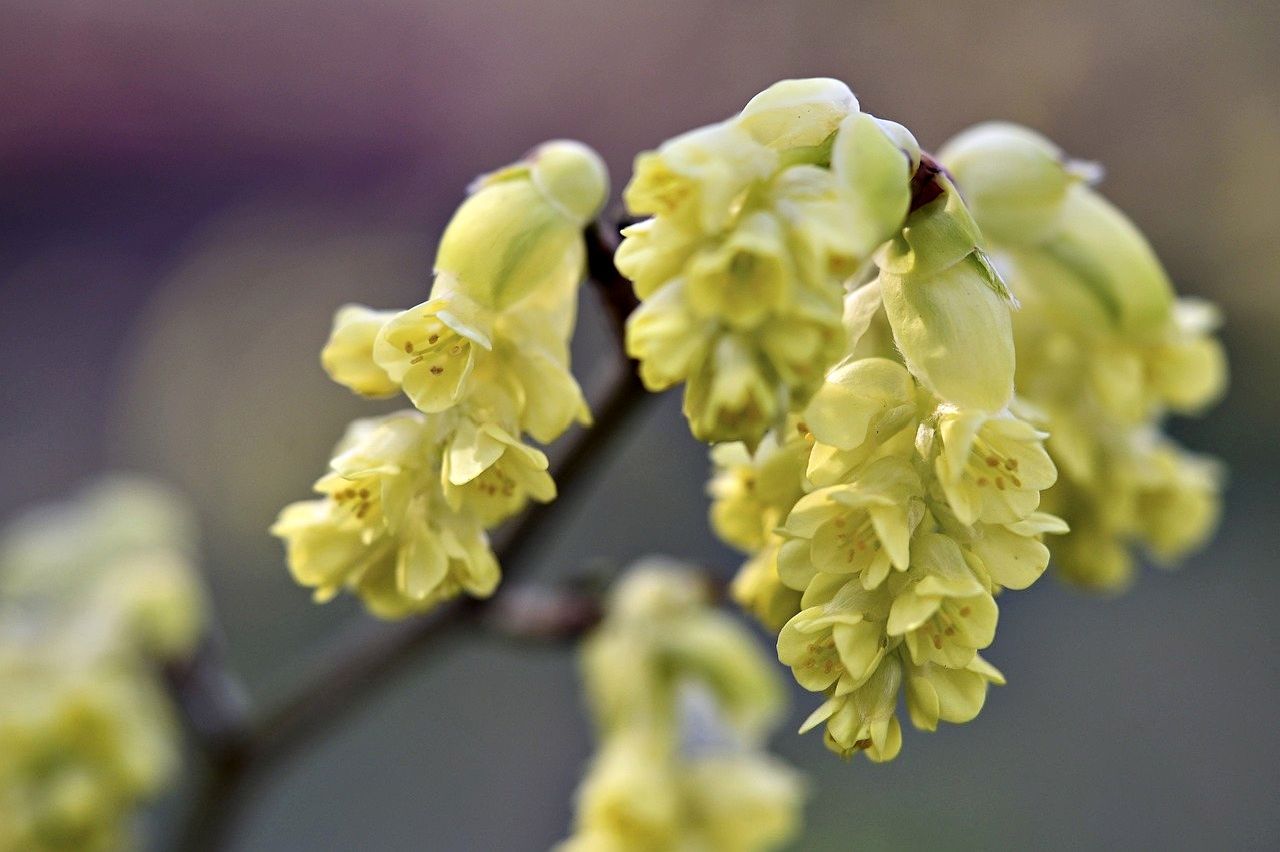Voting for NYC's Official Wildflower Contest is Going on Now Until Fall 2023
Rebecca West
There are five boroughs that makeup New York City. They include Brooklyn, Staten Island, the Bronx, Queens, and Manhattan. Each has its own native wildflowers, and everyone is likely to have their own opinions as to which are the best. Now, there's a contest to decide which will become the representative for them all.
Botanist Marielle Anzelone is the director of NYC Wildflower Week, a nonprofit she founded after working in the city's parks department. She's behind the new Vote Wildflower NYC contest, hoping it will encourage New Yorkers to be more observant and feel more connected to their city's landscape and environmental issues.
"New York City has a lot of nature," Anzelone says, including Manhattan, which she adds isn't merely a monument to concrete and skyscrapers.
"I try to teach New Yorkers about nature, but plants specifically, and why it's important. So much research has shown how being in nature makes people joyful."
Like plants everywhere, NYC's native species play an important role in its ecosystems.
For the event, Anzelone partnered with various organizations across the city asking them to nominate a native wildflower for their particular borough. Once the winner is chosen, she'll present it to the City Council and request that they make it official.
So far, the candidates selected for representation are all beautiful specimens that will make them tough to choose between. Here are the five wildflowers locals can pick from until November 7, 2023:
Spicebush
Nominated by the New York Botanical Garden in the Bronx
"Spicebush has long been a part of the history of Eastern North America, and it's particularly close to our hearts here in the Bronx, where in early spring you'll spot its abundant flowers punctuating the trails of our old-growth Thain Forest with clouds of gentle yellow petals," explained James Boyer, vice president of children's education and senior director of education at NYBG. "Its intriguing name comes from the spicy aroma that arises from the crushed leaves."
Butterfly Milkweed
Nominated by the High Line in Manhattan
"We love Butterfly Milkweed because it so successfully represents the unique aspects of the High Line's naturalistic gardens: colorful beauty, ecological function, and four-season interest," shared Richard Hayden, director of horticulture for Friends of the High Line. "Choosing Butterfly Milkweed also allows us to highlight the importance of milkweeds to the story of the monarch butterfly. Milkweeds are the only plants that monarch butterflies lay their eggs on. Since monarchs were recently designated as globally endangered, planting more native milkweeds is one thing the public can do to help these iconic insects make a home in New York City."
Wild Columbine
Nominated by the Brooklyn Bridge Park, Brooklyn
"We love its unique scarlet drooping flower; its five petals evoking the five boroughs," Rashid Poulson, director of horticulture for Brooklyn Bridge Park, noted. "Columbine's nectar helps fuel the spring migration of the ruby-throated hummingbird. This ecological kinship is something we're always excited to observe at the Park — one of many critical connections between local wildlife and our city's green spaces."
Pinxter Azalea
Nominated by the Staten Island Museum, Staten Island
"Did you know that Staten Island is the only borough that already has an official wildflower? In the 1980s, Staten Islanders voted for the Pinxter Azalea to represent our borough, and we are proud to support it!" said Colleen Evans, director of natural science at the Staten Island Museum. "One of our native azaleas, Pinxter Azalea, grows wild throughout the city and is especially abundant in Staten Island's Greenbelt."
Giant Sunflower
Nominated by the Queens Botanical Garden, Queens
"Sunflowers radiate joy and burst with sunshine no matter where you see them in our city," said Evie Hantzopoulos, executive director of Queens Botanical Garden. "Although the Helianthus giganteus species, aka the Giant Sunflower, is a native one, the sunflower genus includes plants from all over the world. Because sunflowers are so internationally recognized and hold different meanings across cultures, we felt Giant Sunflowers captured the power of New York City's diversity and how we are all interconnected."






